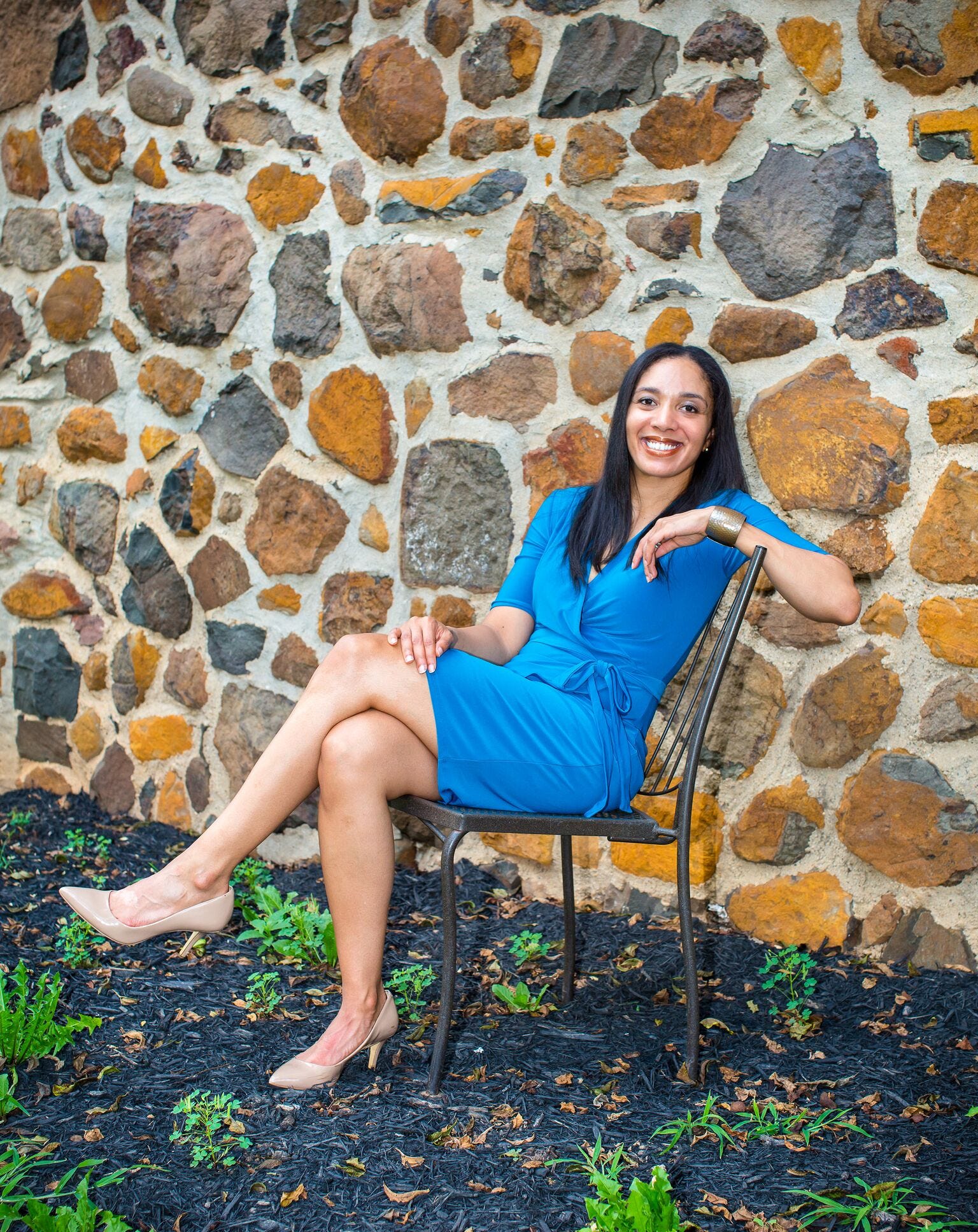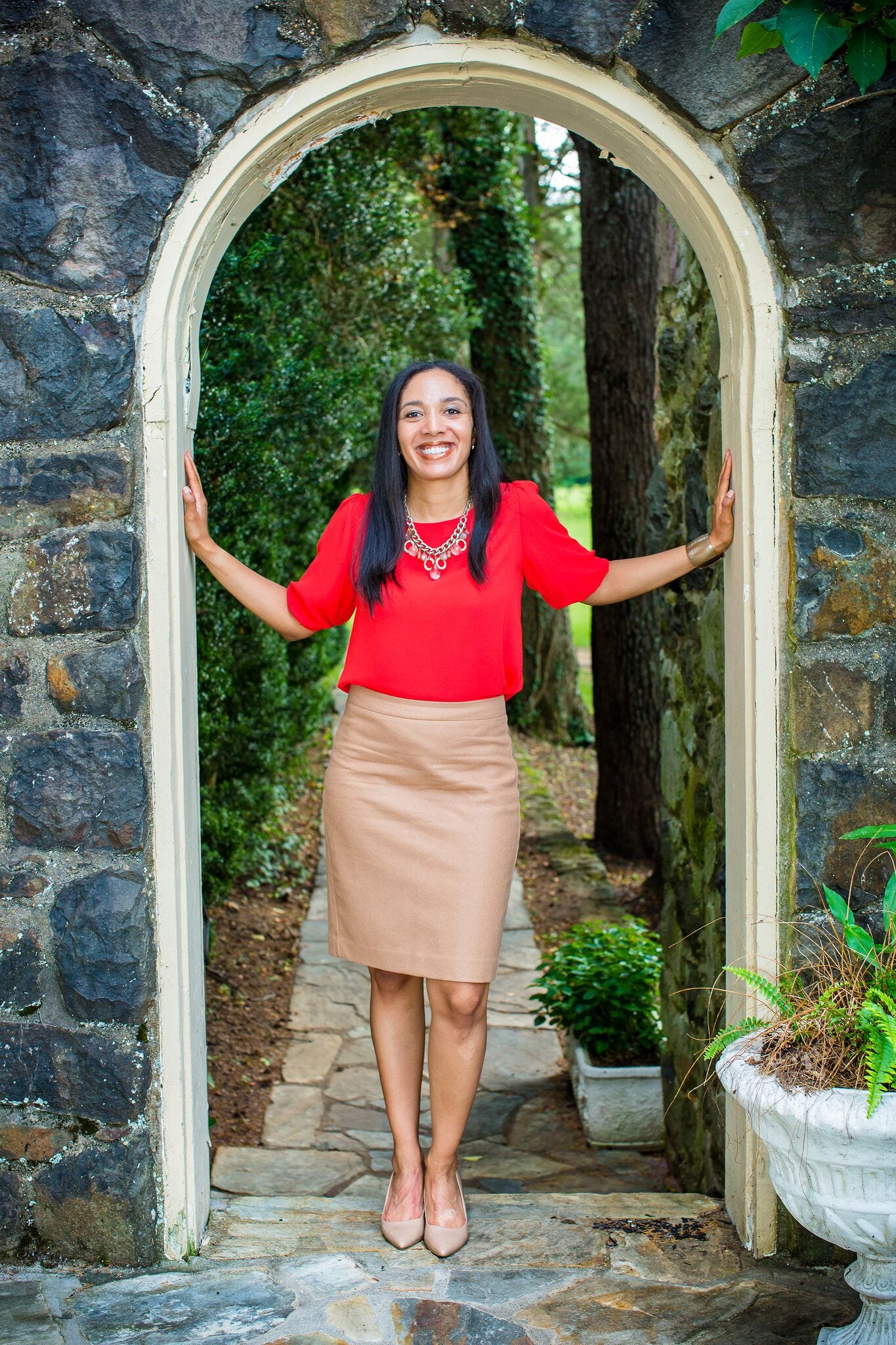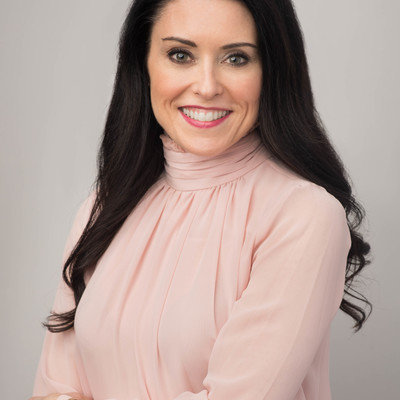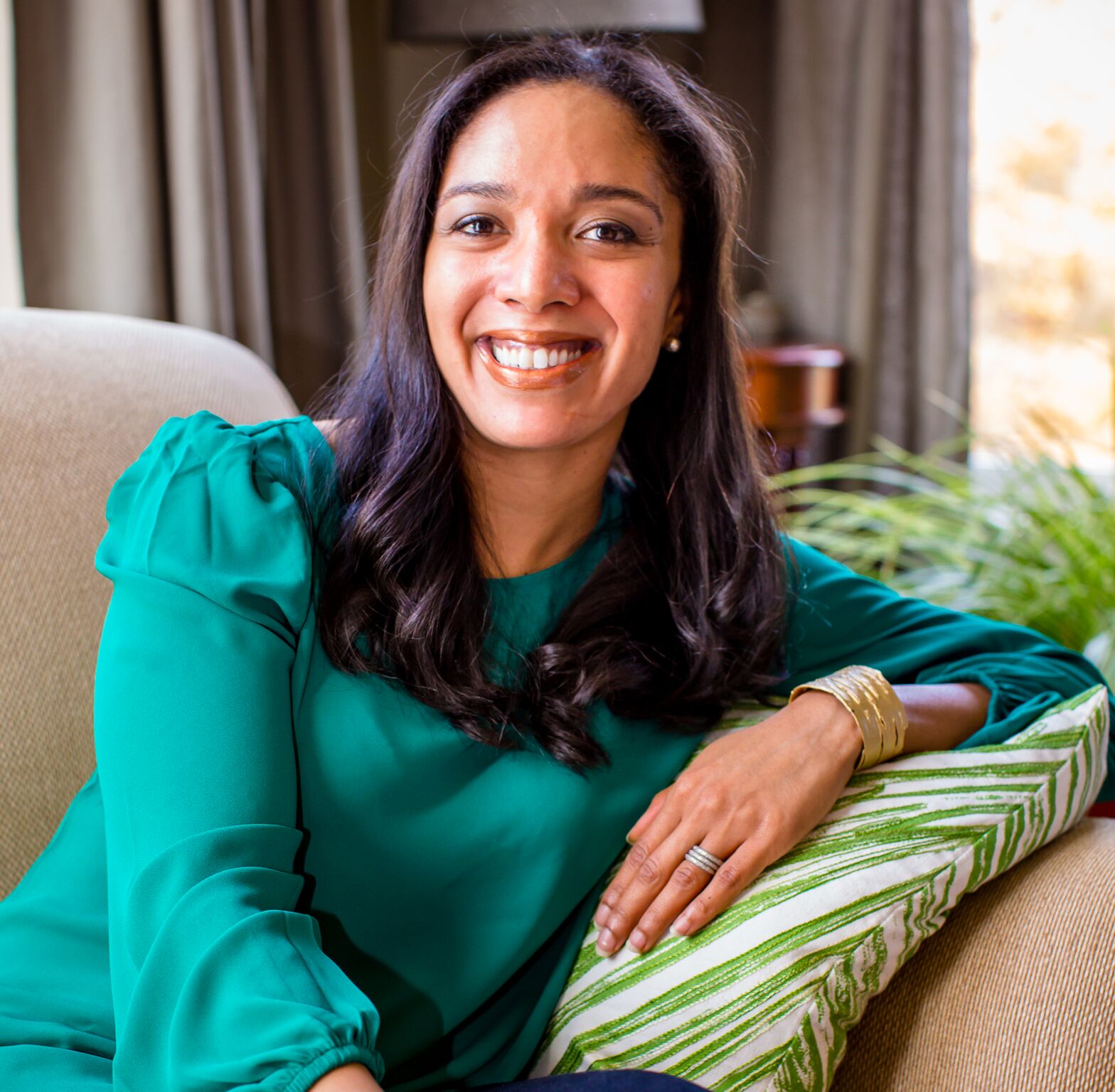Stay rooted in your beliefs. Your spiritual identity is crucial to achieving your best and most meaningful work.
As part of my interview series on the five things you need to know to become a great author, I had the pleasure of interviewing Kourtney Whitehead.
Kourtney has focused her career on helping people reach their work goals, from executive searches to counseling to career transitions, through her positions at top executive recruiting firms and consulting companies. Her new book, Working Whole, shares how to unite spiritual and work life. She is a sought-after speaker, podcast guest, and her site, SimplyService.org, is an online community focused on spiritually centered work lives.
Thank you so much for joining us! Can you share a story about what brought you to this particular career path?
I’m not sure any one step lead me to this place, but I’ve worked to enhance the careers of others for the last 20 years. I led teams in recruiting, career design and talent management, and served as an adviser to large Fortune 500 corporations and private equity-backed companies on executive searches. I currently work to help manage the career transitions and board placements of senior industry leaders. So basically, work is my work. I’m passionate about linking the things we enjoy doing with the impact it has on the lives of others. It’s what led me to become an author and start an online community connecting people with similar desires.
Can you share the most interesting story that occurred to you in the course of your career?
My most interesting career stories tend to involve people that have no idea how much they impacted me. One example is a parking attendant that let me park my car at a DC hotel, against their policy, because I was almost late for an important job interview. I will probably never see him again, but I think about that simple act of grace frequently. What he didn’t know, and will never know, is that this particular job was an important turning point in my career. It was the job that took all my years of experience (many of which in jobs I hated) and brought them together so I could both make a living and do work I truly love. Being late to that job interview could have changed my path and I’m incredibly grateful.
Can you share a story about the funniest mistake you made when you were first starting?
This is a funny story to me now, but it was certainly not funny to me at the time. Earlier in my career, I was Chief of Staff to a CEO, which was a competitive and somewhat prestigious assignment in our company. In my eagerness to make a mark, I once sent a long motivational email trying to “rally the troops” to the entire executive team that was indicative of my inexperience and naiveté at that point in my career. It was not my job to be sending those sort of emails and not a single person responded. Later the next day, the CEO told me that I needed to “be careful about my exuberance” and I knew exactly what he was talking about, though thankfully, he didn’t say much more. I wanted to go back into my office and hide under the desk. But that’s why it’s a funny story to me now. I’m probably the only person that remembers that email. Making career missteps are a rite of passage and we all need to be able to laugh at our honest mistakes.

What are some of the most interesting or exciting projects you are working on now?
It’s been amazing to get the book into the world and I’ve been overwhelmed with the interest and support it’s received. Clearly, I’m not the only person out there that has struggled to reconcile the path of personal and spiritual growth with making a living. I have a series of articles and podcast interviews coming out this spring and summer and several readers are hosting live events called Working Brunches. I am also holding office hours in several coworking locations (think WeWork) around the country. It’s incredibly exciting to meet readers and see how my work is making a difference in their lives.
What is the one habit you believe contributed the most to you becoming a great writer?
This is an interesting question, because it assumes that I consider myself to be a great writer. Instead, I consider myself to be a career expert that was highly committed to the writing process. I needed the ability to take the book as far as I could on my own, but to then trust in the immensely talented editors that amplified my message and greatly enhanced the final product. While a published book has only the author’s name on the cover, I would argue that any “great” author has an equally great team behind them.
Can you share the most interesting story that you shared in your book?
The most personal story (and the one readers reach out to me the most on) is about a period of depression in my life, which included a suicide attempt. Though not an easy story to tell or reflect on, I know that it prepared me to be comfortable being with people who feel hopeless and lost, and helping them see the way forward. This ease and even pull toward people that are searching for meaning has led me to my career path and is certainly a major reason why I wrote this book.
What is the main empowering lesson you want your readers to take away after finishing your book?
To stop feeling stuck and being so practical when it comes to their work lives and let their spiritual life lead them to true fulfillment.

What was the biggest challenge you faced in your journey to becoming a bestselling author? How did you overcome it?
My biggest challenge was feeling comfortable enough in my own skin to do the work that matters most to me, which is no small thing to overcome. I spent a good portion of my life feeling unworthy of my dreams, and I know I’m not alone in having that secret fear. Writing books, advising others, and even small things like sharing my life on social media would at one time have been unthinkable. So while I can now point to the finished product, there were years of inertia and doubt. That too is part of the author’s journey and I want to encourage any aspirating writers to keep pressing on and to seek power and confidence from their spiritual lives.
Which literature do you draw inspiration from?
I seek out books with main characters and geographic settings that will broaden my view of the human experience. Often these books remind me of how much personal and societal pain exists in the world, but also inspire me to see the brilliance and resiliency of the human spirit.
How do you think your writing makes an impact in the world?
A work life that is misaligned with your beliefs will produce anxiety, reinforce isolation, and increase perfectionism. All of these things are the opposite of how we want to experience our limited and precious time in life; they drain our happiness and energy. And this is the reality of many people’s careers, unfortunately. Instead of work making their life experience better, it has become a necessary evil — something to be tolerated or conquered. But I hope my work gives people direction and helps them move forward. Our work lives can (and should) be a major source of joy when we align our work with who we are on a deeper level.
What advice would you give to someone considering becoming an author like you?
Get started. There is a Chinese proverb that says, “The best time to plant a tree is 20 years ago. The second best time is now.” I love this idea because it reinforces the fact that things worth building and growing, do indeed, happen slowly and take lots of time; but the best time to get started is always right now.

What are your “5 things I wish someone told me when I first started”?
1. Thank yourself for showing up. If you manage to start writing, you can, and should, thank yourself simply for showing up. The hardest and most important step is already behind you. I struggled to do this and often had my eye on the finished product. Instead, I should have thanked myself for showing up and writing. Even back then, I was still playing a part in a world where peace, purpose, and joy can become the norm in our work lives.
2. Don’t be afraid to practice. In my experience, what keeps people from following their callings more than anything else is a fear of practice. We want to show the world our fully-developed abilities and are only willing to consider the paths we are already skilled in. I was afraid to start practicing my writing because I wanted to be good at it from the beginning. Life doesn’t work that way; if we want to learn new things we will have to practice them. I wish I would have embraced that lesson sooner.
3. Stay rooted in your beliefs. Your spiritual identity is crucial to achieving your best and most meaningful work. I was writing a book about this, but I still needed to heed the lesson myself. There were days when my priorities were more focused on getting tasks done than on the bigger picture of my life. When I stayed rooted in my beliefs, I worked more efficiently and with greater enjoyment.
4. Reach for higher goals. Spiritual peace is not meant to stop us from taking risks or reaching for new goals, it is meant to stabilize us so we can be bolder without the fear of failing. This stability should remove, or lessen, the underlying insecurities that cause us to play small in our careers or ignore our dreams. I had to constantly fight the instinct to play it safe with my message or stagnate. I wish someone had told me just how much I could achieve when I dared to reach for bigger goals.
5. Welcome rest. At times, I forgot to acknowledge the restorative power of rest and states of nondoing. The most successful and productive people I’ve worked with, knew how to refresh themselves, renew their creativity, and incubate new ideas. They also failed to succumb to project interrupting, and sometimes derailing, bouts of burnout. Sure, the person that works around the clock might have more outputs in the short term, but burnout will eventually rob them of productivity, creativity, or both. This is especially true for a writer and I have learned to embrace rest as a major part of the process.
You are a person of great influence. If you could start a movement that would bring the most amount of good to the most amount of people, what would that be?
I would like to start a movement to increase the accessibility, quality, and role of work globally. I would love to see a shift from putting the task of creating a work life that is fulfilling and meaningful solely on the individual, but make it a societal priority as well. People are not robots that are here to simply meet business objectives and make the wealthy wealthier. I would like to see a movement that demanded more from work and honored the living beings that spend their lives doing it.
How can our readers follow you on social media?
My website is www.simplyservice.org
Facebook @simplyserviceorg
Instagram w_kourtney
Twitter @kserving
Thank you so much for this. This was very inspiring!


